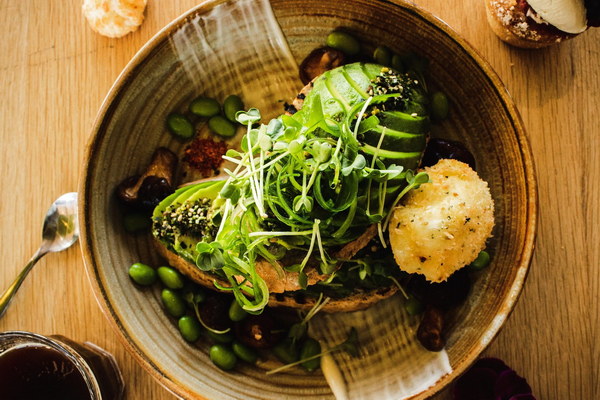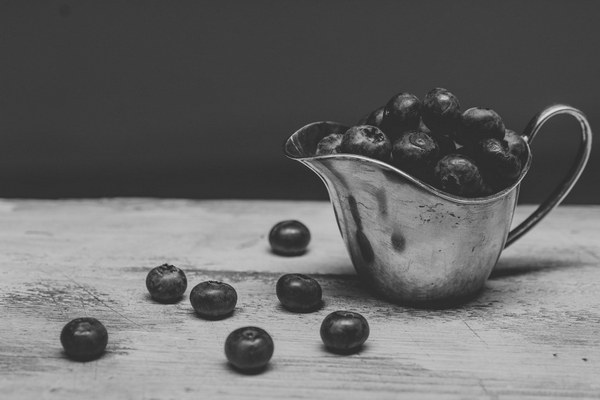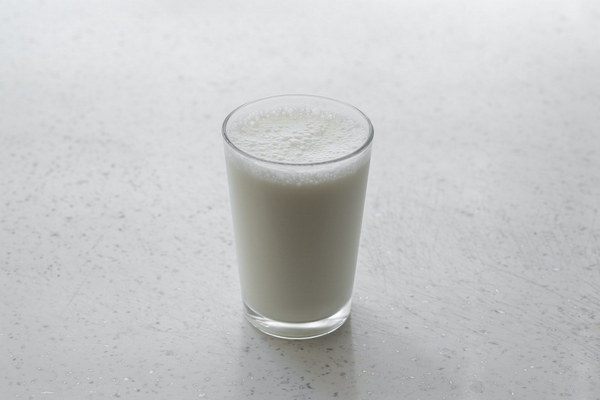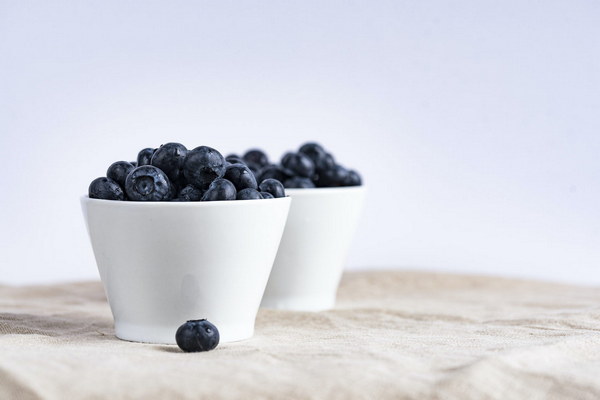The Role of Traditional Chinese Medicine in Liver Protection A Comprehensive Overview
The liver plays a crucial role in maintaining the body's overall health, as it is responsible for filtering out toxins, producing bile, and storing vitamins and minerals. However, due to poor lifestyle choices, exposure to harmful substances, or other health conditions, the liver may become damaged or impaired. In recent years, traditional Chinese medicine (TCM) has gained popularity as an alternative approach to liver protection. This article aims to provide a comprehensive overview of the role of TCM in liver protection, focusing on the effectiveness of various herbal remedies.
Traditional Chinese medicine is a holistic system of healthcare that has been practiced for thousands of years. It encompasses various modalities, including acupuncture, herbal medicine, and diet therapy. Among these, herbal medicine has been extensively used to treat liver-related disorders. The following sections will discuss the most commonly used TCM herbs for liver protection and their potential benefits.
1. Silymarin (Milk Thistle)
Silymarin, derived from the seeds of the milk thistle plant, is one of the most well-known herbal remedies for liver protection. It is believed to have antioxidant, anti-inflammatory, and anti-fibrotic properties. Silymarin has been shown to protect the liver against toxins, such as alcohol and drugs, and may help in the regeneration of liver cells. Clinical studies have supported the efficacy of silymarin in treating various liver conditions, including hepatitis and cirrhosis.

2. Astragalus (Astragalus membranaceus)
Astragalus is a commonly used TCM herb with a wide range of health benefits. It is believed to boost the immune system, improve cardiovascular health, and protect the liver. Astragalus has been shown to reduce liver inflammation, improve liver function, and enhance the body's ability to fight off infections. In addition, it may help in the treatment of chronic hepatitis B and C.
3. Bupleurum (Bupleurum chinense)
Bupleurum is another popular TCM herb used for liver protection. It is believed to have anti-inflammatory, anti-viral, and liver-protective properties. Bupleurum has been used to treat various liver-related disorders, including hepatitis, fatty liver, and cirrhosis. Clinical studies have shown that bupleurum may help reduce liver inflammation and improve liver function.
4. Scutellaria baicalensis (Baical skullcap)
Scutellaria baicalensis, also known as baical skullcap, is a traditional Chinese herb with antioxidant and anti-inflammatory properties. It has been used to treat various liver conditions, including hepatitis B, C, and liver cirrhosis. Research suggests that baical skullcap may help reduce liver inflammation, improve liver function, and inhibit the growth of liver cancer cells.
5. Curcumin (Turmeric)
Curcumin, the active ingredient in turmeric, is a powerful antioxidant and anti-inflammatory agent. It has been used in TCM for centuries to treat various health conditions, including liver-related disorders. Curcumin has been shown to protect the liver against toxins, reduce liver inflammation, and improve liver function. It may also help in the treatment of liver cancer.
It is important to note that while traditional Chinese medicine can be an effective approach to liver protection, it is crucial to consult with a healthcare professional before starting any new treatment. TCM herbs may interact with other medications, and some individuals may have allergies or adverse reactions to specific herbs.
In conclusion, traditional Chinese medicine offers a wide range of herbal remedies that can help protect the liver and treat various liver-related disorders. The herbs discussed in this article, such as silymarin, astragalus, bupleurum, scutellaria baicalensis, and curcumin, have been shown to have liver-protective properties and may be beneficial for individuals with liver-related conditions. However, it is essential to consult with a healthcare professional to determine the most suitable treatment plan for your specific needs.









